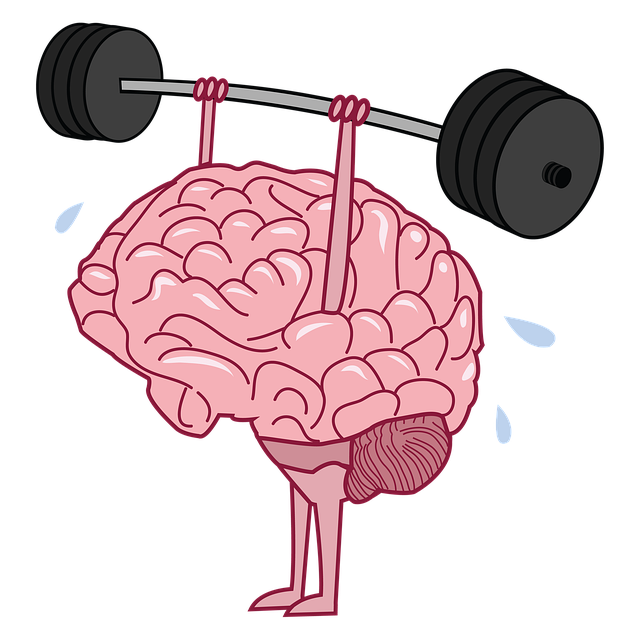Uncovering insights from mental health data is crucial for effective analysis and Superior Phobias Therapy. Diversely collected raw information from surveys and electronic health records, after meticulous preparation, allows accurate identification of trends in conditions like superior phobias. Advanced statistical methods and machine learning algorithms enhance therapeutic outcomes by enabling tailored interventions based on patient behaviors and emotional patterns. Therapists can use this data-driven approach to personalize treatment plans, integrate self-awareness exercises, and develop effective coping strategies, ultimately improving outcomes and aligning support with individual emotional needs.
Mental health data analysis has emerged as a powerful tool in understanding and treating psychological conditions. This article explores the intricate process of analyzing and interpreting mental health data, focusing on its potential to enhance therapeutic outcomes. We delve into the collection and preparation of data, advanced analytical methods, and how these insights can revolutionize treatment plans, particularly for superior phobias therapy, offering personalized and effective solutions.
- Understanding Mental Health Data: Collection and Preparation
- Advanced Analysis Techniques for Effective Therapy
- Interpreting Results: Tailoring Treatment for Superior Phobias Therapy
Understanding Mental Health Data: Collection and Preparation

Understanding mental health data is a multifaceted process that forms the bedrock of effective analysis and interpretation. The journey begins with data collection, where various methods such as surveys, clinical assessments, and electronic health records play a pivotal role in gathering insights into individuals’ psychological well-being. This raw information is then meticulously prepared, involving cleaning, coding, and categorizing data to ensure accuracy and consistency. A crucial step is normalizing the data to allow for meaningful comparisons and analysis across different populations and contexts.
In the context of superior phobias therapy, for instance, proper data preparation enables researchers and clinicians to identify trends and patterns associated with specific fears and anxiety disorders. By adopting evidence-based practices, such as integrating Empathy Building Strategies and fostering Self-Care Routine Development for Better Mental Health, mental health policy analysis and advocacy can be significantly enhanced. This not only improves therapy outcomes but also contributes to the broader goal of promoting mental well-being in communities.
Advanced Analysis Techniques for Effective Therapy

In the realm of mental health data analysis, advanced techniques play a pivotal role in enhancing therapeutic outcomes. Through sophisticated statistical methods and machine learning algorithms, professionals can now gain profound insights into patient behaviors and emotional patterns. This allows for a more precise approach to treatment, particularly in addressing complex conditions like superior phobias. By analyzing trends and correlations within the data, therapists can tailor interventions to individual needs, ensuring more effective self-awareness exercises and stress reduction methods.
Furthermore, healthcare providers benefit from advanced analysis tools in implementing burnout prevention strategies. By understanding the unique challenges and risk factors associated with mental health practices, professionals can develop robust coping mechanisms and support systems. This not only improves patient care but also fosters a healthier work environment, addressing potential sources of stress and burnout before they escalate.
Interpreting Results: Tailoring Treatment for Superior Phobias Therapy

Interpreting data from mental health analyses is a complex yet critical process, especially when aiming for superior phobias therapy. By carefully examining trends and patterns within the collected information, therapists can gain profound insights into an individual’s emotional landscape and tailor treatment plans accordingly. This precision in understanding allows for more effective interventions, ensuring that each session and activity contributes to meaningful progress. For instance, analyzing the responses of clients attending Stress Management Workshops Organization programs can reveal valuable data on the impact of specific therapeutic techniques, such as emotional intelligence training, on phobia-related symptoms.
Integrating Mental Health Education Programs Design principles into therapy further enhances this process. These programs often emphasize self-awareness and coping strategies, which, when combined with interpretation, can lead to profound personal growth. As therapists identify recurring themes and challenges within the data, they can design personalized treatments that address core issues, ultimately fostering a more comprehensive recovery journey. This tailored approach not only improves outcomes but also ensures that clients receive support that aligns with their unique emotional needs, promoting superior phobias therapy.
Mental health data analysis and interpretation are pivotal tools in enhancing therapy outcomes, especially in treating phobias. By understanding and preparing mental health data effectively, therapists can employ advanced analytical techniques to gain profound insights into patients’ conditions. This enables them to tailor treatment plans, ultimately leading to superior phobias therapy success rates. Through continuous exploration and application of these methods, the field of mental health care continues to evolve, promising improved quality of life for those facing various phobias.














